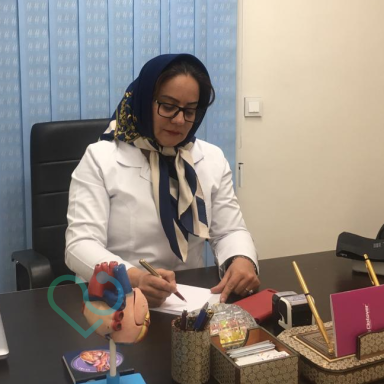Can Solarium Devices Transmit Coronavirus (COVID-19)?
As the spread of coronavirus continues and global concerns about its transmission increase, people are becoming more worried about public spaces and the possibility of contracting the virus from surfaces. Among these concerns are solarium devices, which, like any other surface, can transfer the virus if touched by an infected person. These devices must be thoroughly cleaned and disinfected following health protocols.

Does UV Light Eliminate Coronavirus?
In general, the sun emits three types of UV rays:
- UV-A: Penetrates the surface layers of the skin, causes premature aging, and may lead to skin cancer.
- UV-B: Penetrates deeper into the skin, is carcinogenic, and can cause wrinkles and dry skin.
- UV-C: Extremely dangerous, but the ozone layer protects us from this type of radiation.
In solarium devices, which are used for tanning and darkening the skin, UV-A and UV-B lamps are utilized. However, research shows that UV-C has the potential to eliminate 99.9% of the coronavirus.
Don’t Overlook the Other Risks of Solariums!
- - Solarium devices pose no less risk to the skin compared to direct sunlight. The light and radiation from these lamps can significantly increase the risk of skin cancer.
- - Solarium devices accelerate premature aging more than sunlight exposure.
- - UV-B rays used in these devices weaken the immune system.
- - Exposure to these devices can damage the eyes.
In conclusion, solarium devices, like other surfaces that come into contact with multiple individuals, must be disinfected properly to prevent the transmission of coronavirus (COVID-19). Additionally, the UV rays used in these devices are ineffective at eliminating the virus. Therefore, it is advisable to avoid solarium salons and devices as you would any other public space.












نظرات مشتریان ما
نظری ثبت نشده است